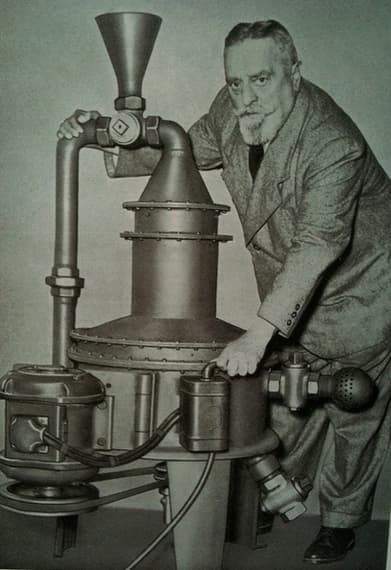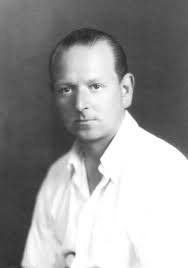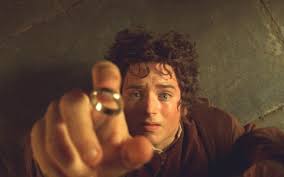"In her very honest article, Rebecca Lawrence accurately notes that views about electroconvulsive therapy (ECT) are polarised (ECT’s bad reputation isn’t justified - but we must be upfront about its problems, 13 August). One thing we ought to be able to agree about, though, is the need for safe and properly monitored practice. This does not happen, and a growing number of MPs are supporting our campaign for an independent review into ECT.
It is not widely appreciated that even the minimal standards set out by the Royal College of Psychiatrists are optional, since ECT clinics do not have to be accredited in order to operate.
Furthermore, as we have found, it is almost impossible to hold services to account. The Care Quality Commission does not routinely inspect ECT clinics, does not usually investigate formal complaints, and defers to clinical opinion even in the case of practice that falls well outside official guidelines.
Whatever the claimed merits of ECT for some people, it is clearly unacceptable that this powerful and invasive intervention is effectively unregulated.
Dr Lucy Johnstone
Consultant clinical psychologist, Bristol
Dr Rebecca Lawrence is to be thanked for sharing her personal experience with ECT and for acknowledging the severity of the resulting memory dysfunction that is often minimised by ECT proponents.
Nevertheless, she concludes that ECT is “lifesaving” and “miraculous”. One might have expected a psychiatrist to cite some rigorous studies to support such strong claims.
There are none. Astonishingly, given how dangerous the procedure is, there have been no placebo-controlled studies since 1985. The 11 before then were of poor quality and produced mixed results. Five found no difference at the end of treatment between the ECT group and a placebo group who had the general anaesthetic but not the electric shock. No study has ever shown that ECT is better than placebo beyond the end of treatment. And there is no evidence that it prevents suicide, as often claimed.
The history of psychiatry is littered with treatments that doctors genuinely believed were effective and safe but turned out to be neither, including lobotomies. Dr Lawrence believes “There are no goods and bads with ECT, no rights or wrongs”. Patients have a right to know that the science says otherwise.
Dr John Read
Professor of clinical psychology, University of East London": https://www.theguardian.com/society/2021/aug/18/ect-requires-rigorous-study-and-regulation?utm_source=dlvr.it&utm_medium=twitter F**king medieval bullsht…








